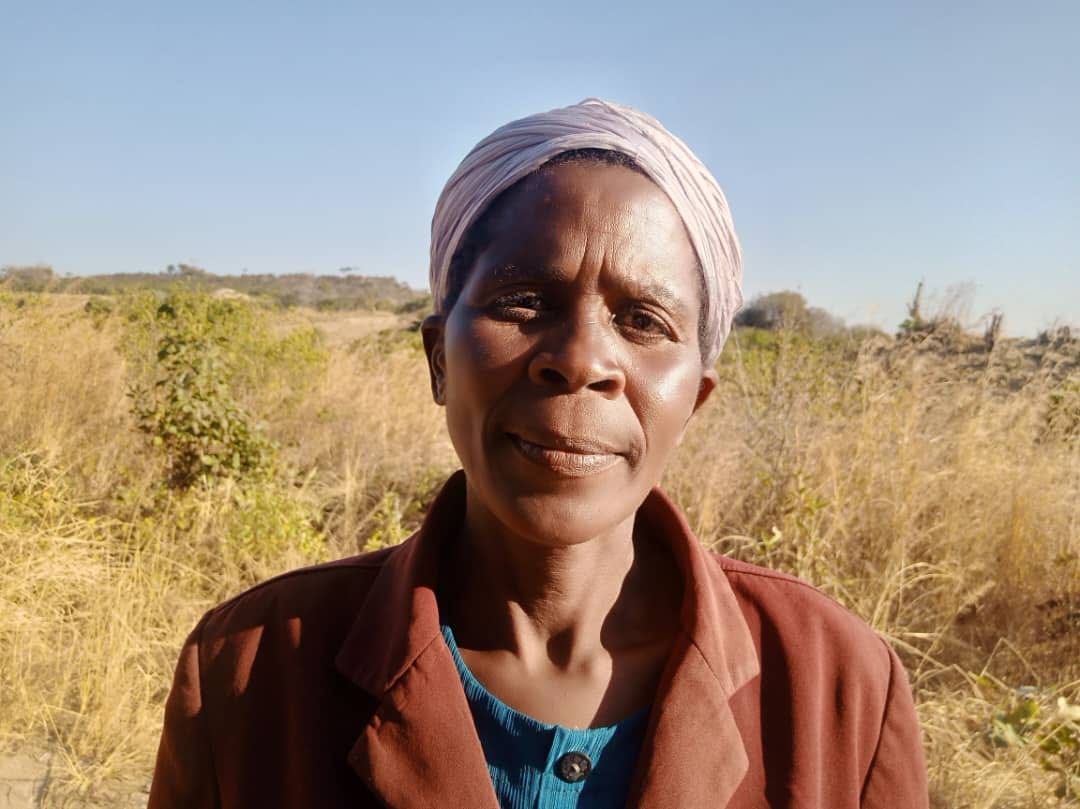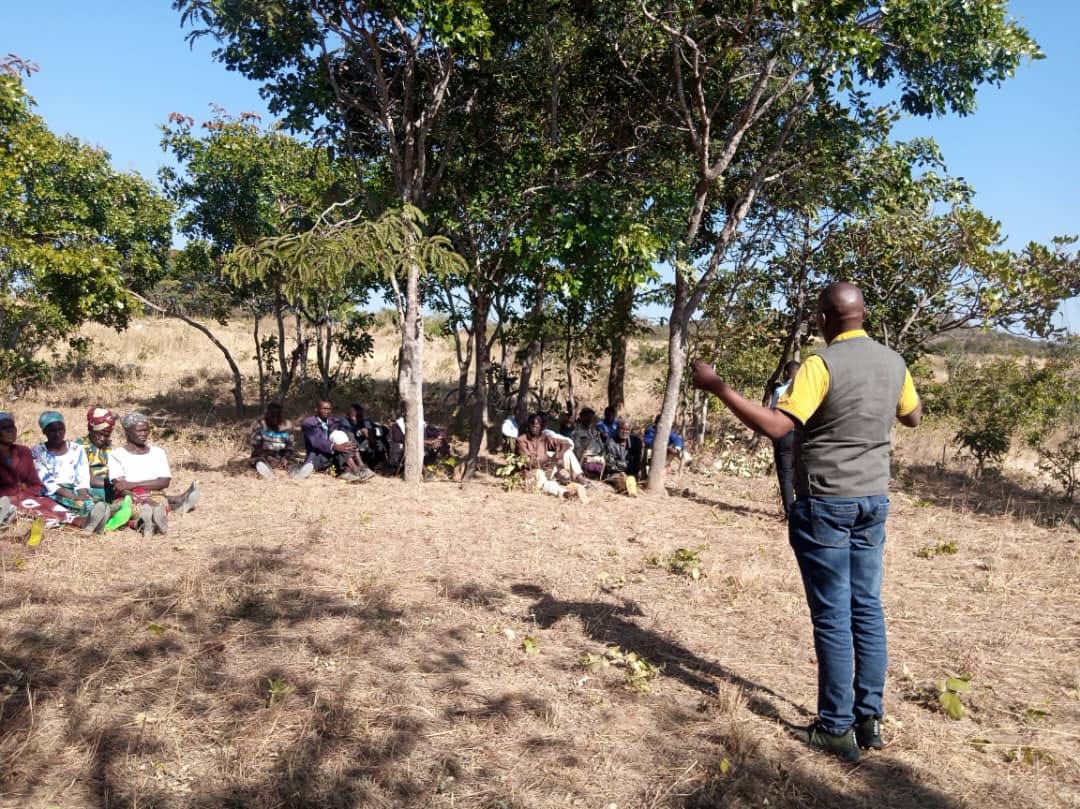Malawi Villagers Seek Compensation for Land Taken for University Project
For now, 18 families wait for resolution, their story a testament to the complexities of land rights and development in rural Malawi.
MZIMBA, Malawi — In the rolling hills of northern Malawi, 18 families find themselves caught in a years-long struggle for fair compensation after their land was acquired for a university project that has yet to materialize, writes Tionge Hara.
The families were evicted in 2015 from their homes near the proposed site of Mombera University in Mzimba.
Now, nearly a decade later, they're still seeking justice, claiming the government failed to follow proper procedures for land acquisition and compensation.
Victor Gondwe, a pro bono lawyer representing the families, outlined the crux of their complaint.
"The process as required by the Land Acquisition Act and also as provided for under our constitution was not adhered to," Gondwe said.
"There wasn't appropriate compensation, there wasn't appropriate valuation, and there was no provision for their relocation."
The displaced families are currently being hosted on a small farm belonging to another villager, a situation that underscores the precarity of their circumstances.
Mercy Mhone, one of the affected residents, expressed frustration with their living conditions.
"We are suffering, we don't have access to clean water which is also not good for our health," Mhone said.
She added that the compensation process lacked transparency, particularly regarding the valuation of fruit trees on their former land.
The case has drawn the attention of civil society organizations.
The Youth-Watch Society (YOWSO) and the Southern Africa Litigation Centre (SALC) have launched a project focusing on empowering rural women through land rights.
On August 4, 2024, YOWSO convened with community leaders to address the evictions affecting communities near the Mombera University site.
Gondwe and his team have requested assistance from SALC to finance a potential lawsuit.
However, the lawyer emphasized his preference for an out-of-court resolution.
"I strongly believe that this is a matter which just requires us to settle, or which requires government to settle, so that litigation should be a last resort," Gondwe said.
He added that a three-month notice of intention to sue was sent to the Attorney General's office in January, but no formal response has been received.
The lawyer sees the case as an opportunity to set a precedent for similar situations in the future.
"We want the court to pronounce itself on what is supposed to be the correct procedure, which is supposed to be followed as stipulated under the law when the acquisition of land of this nature takes place," Gondwe explained.
While some families received compensation, they argue that the amounts were arbitrarily determined without proper assessment or involvement of the affected individuals.
The exact compensation figures remain unclear, but Gondwe stated that there was "insufficient compensation, or no compensation at all in some cases."
As the legal process unfolds, the affected families continue to live in limbo.
The construction of Mombera University has not begun, despite the land being acquired nearly a decade ago.
For now, 18 families wait for resolution, their story a testament to the complexities of land rights and development in rural Malawi.




